
Political Violence Lab
@polviol_lab
Focused on producing policy relevant research relating to the causes and consequences of political violence. Director: @AndrewCShaver, @UCMercedPoliSci
ID: 1523658446737969152
http://politicalviolencelab.com 09-05-2022 13:38:51
42 Tweet
359 Takipçi
365 Takip Edilen

What are the effects of a changing global climate on patterns of organized political violence? I am delighted to share that Alex Bollfrass and my work on the influence of ambient temperature on insurgent violence & wartime attitudes is now accepted at International Organization. 1/5


Scholars and practitioners together discussing how big data can be used for development and governance purposes + sessions on how to work with ML models online too @pdri_info USAID Tiago Ventura Diego Romero Roya Talibova Jeremy Springman (jrspringman.bsky.social) @guygrossman Ernesto Calvo 💚 Andrew Shaver


.Dartmouth 🌲 Sloan Dickey Center for International Understanding is accepting applications for E. John Rosenwald, Jr. '52 TU'53 Fellows in U.S. Foreign Policy and International Security now thru January 2, 2023 #postdocposition dickey.dartmouth.edu/programs/secur…


Calling all IR scholars, please consider taking Teaching, Research & International Policy Project's faculty survey!

Twitterverse, my lab (Political Violence Lab) is looking for opportunities to hire/contact with freelance journalists reporting in countries experiencing political violence/social unrest. Please DM me if interested in discussing further!

Contributors: Bridget L. Coggins, Jana Grittersova, @Jess_Peake_, Andrew Reddie, @C_J_Schneider, Andrew Shaver, Branislav Slantchev, and more. ucigcc.org/publication/uk…
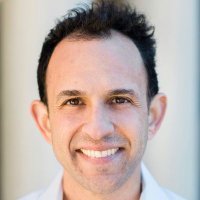
Such a profound finding: Large influxes of refugees don't generate political backlash when inclusive refugee hosting policies are in place. Excellent article from Guy Grossman, Yang-Yang Zhou 周泱泱 & Shuning Ge sciencedirect.com/science/articl…

Does ambient temperature influence wartime violence? We explore this question in an International Organization article published this week. We find that it affected how often insurgents during wars in Afghanistan and Iraq carried out attacks. More below. #TemperatureViolence #openaccess 1/6


Benjamin Krick presenting work with Andrew Shaver and coauthors about determinants of displacement and return Perry World House Biz Herman DukePoliticalScience
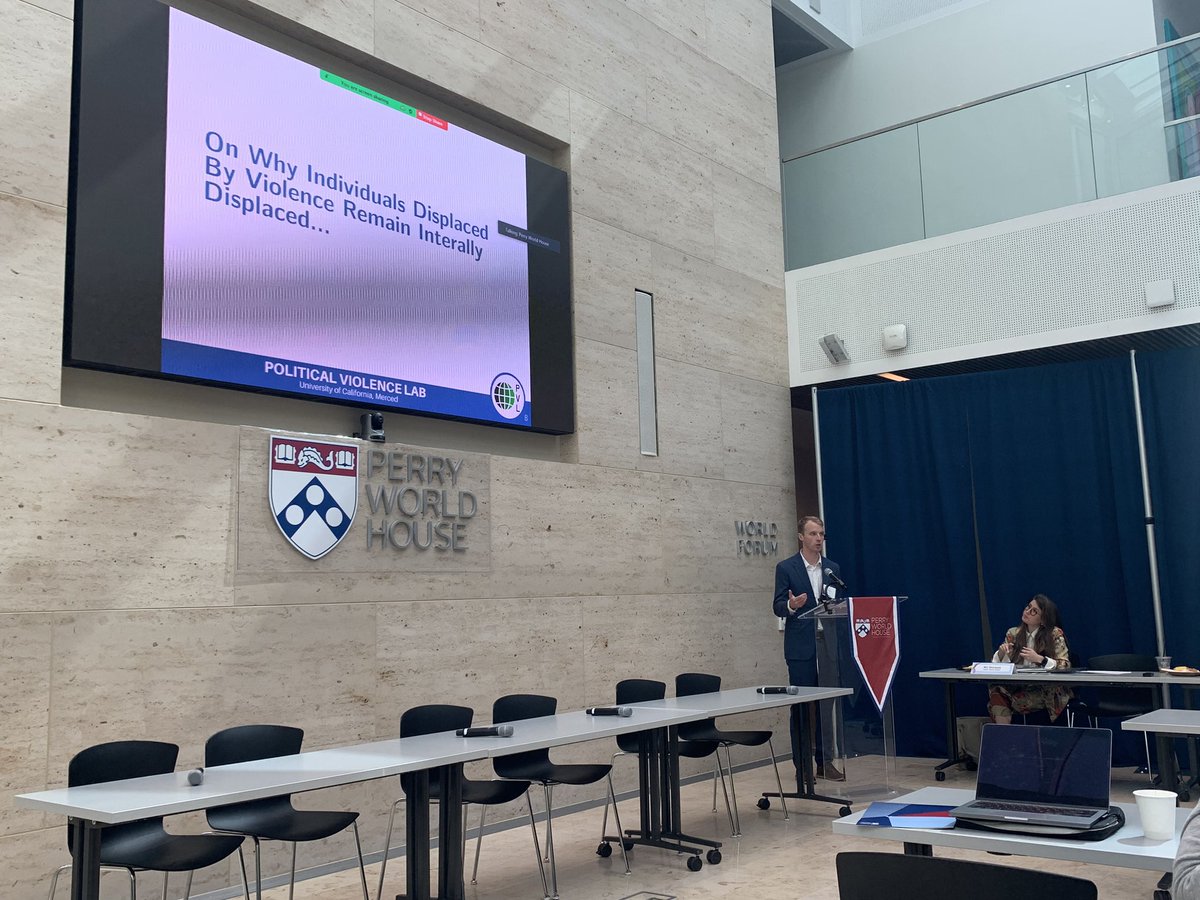

Do you use conflict event data in your research as a scholar; in forecasting as a government analyst? I am delighted to share a new paper (w/ Princeton School of Public & International Affairs PhD student Hannah Kazis-Taylor, UC Merced postgraduate Claudia Loomis, and an outstanding team of Political Violence Lab co-authors). 1/9
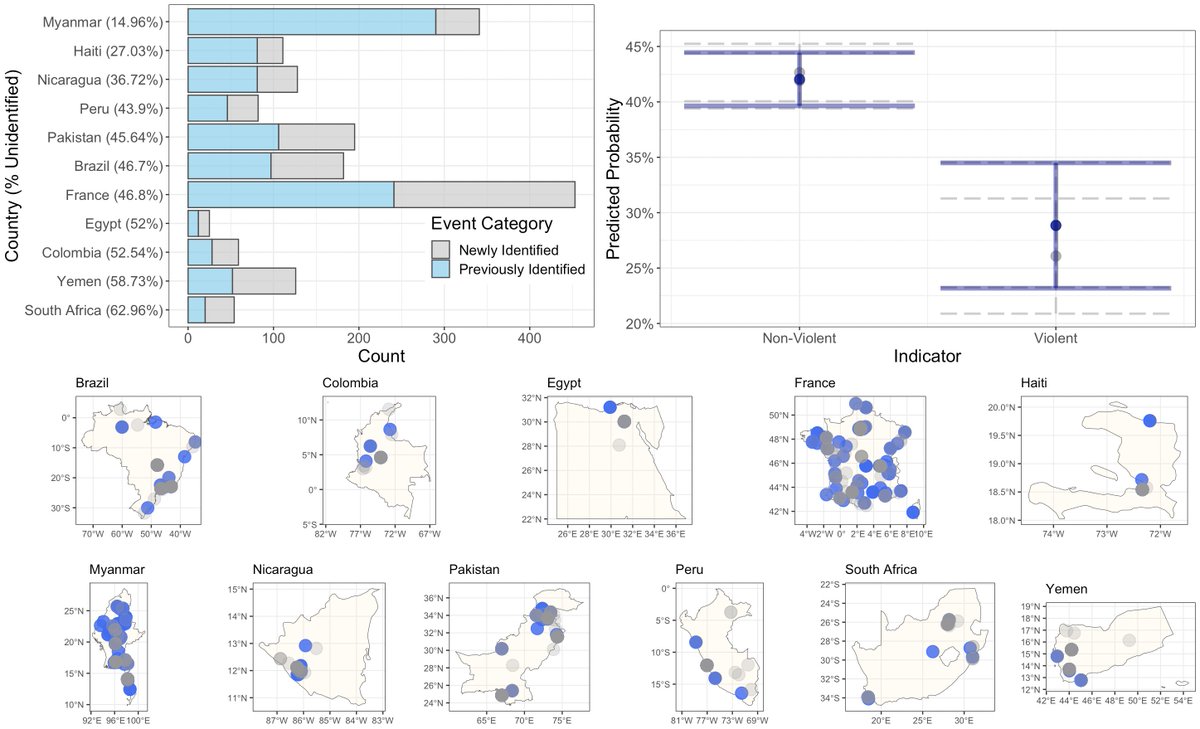
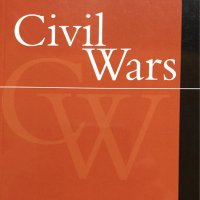
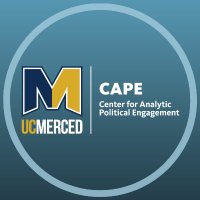
Congratulations to UC Merced Political Science Professor Andrew Shaver on his publication on Expanding the Coverage of Conflict Event Datasets in Journal of Civil Wars's #civilwars25thanniversary Special Issue! 🔗tandfonline.com/doi/full/10.10… #civilwarsjournal #UCMerced #CAPEUCMerced
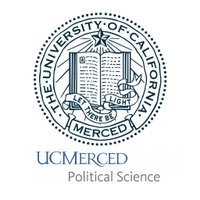
Congratulations to UC Merced Political Science Professor Andrew Shaver on his new publication on Expanding the Coverage of Conflict Event Datasets in Journal of Civil Wars's #civilwars25thanniversary Special Issue! Check it out: bit.ly/48hBNMi #civilwarsjournal #UCMerced #UCMercedPoliSci

Andrew Shaver and my paper “The Causes and Consequences of Refugee Flows” is officially published (and open access) at American Political Science Review! This project was made possible by years of collaboration with Political Violence Lab members and a partnership with UNHCR, the UN Refugee Agency. bit.ly/3JSNr6a

Does your research or work in government involve questions concerning refugee/asylum seeker flows? Out today in the American Political Science Review, my most recent research with Benjamin Krick and an outstanding team of (now former) UC Merced Political Science Political Violence Lab members: 🧵
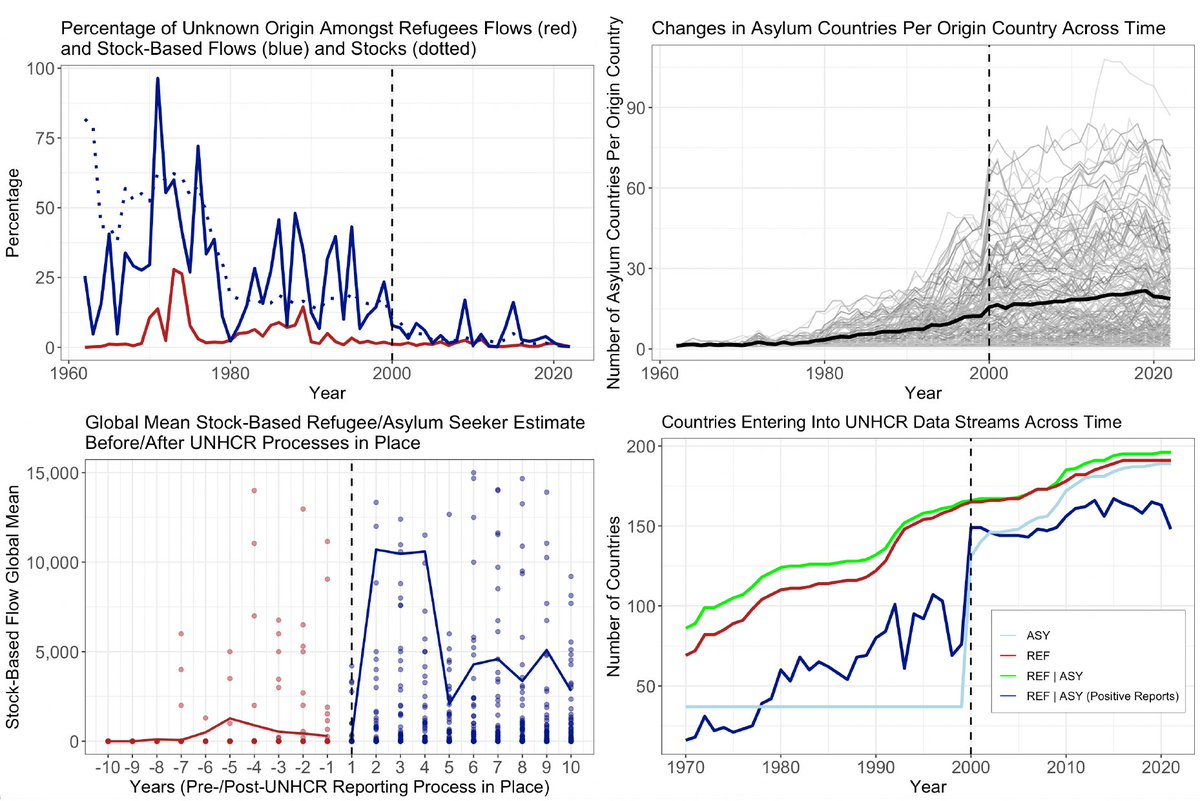

The Political Violence Lab is looking once again to partner with (freelance or other) journalists (on a paid basis). This time, we are looking for journalists based in/working on Bangladesh specifically! Please DM us if you are interested or have any leads!

Many major international issues receive limited major news media attention. But, does their lack of coverage simply reflect lack of demand for them? In LSE Media & Communications Working Paper #74, Political Violence Lab explores this question. See 🧵for findings and link to paper.